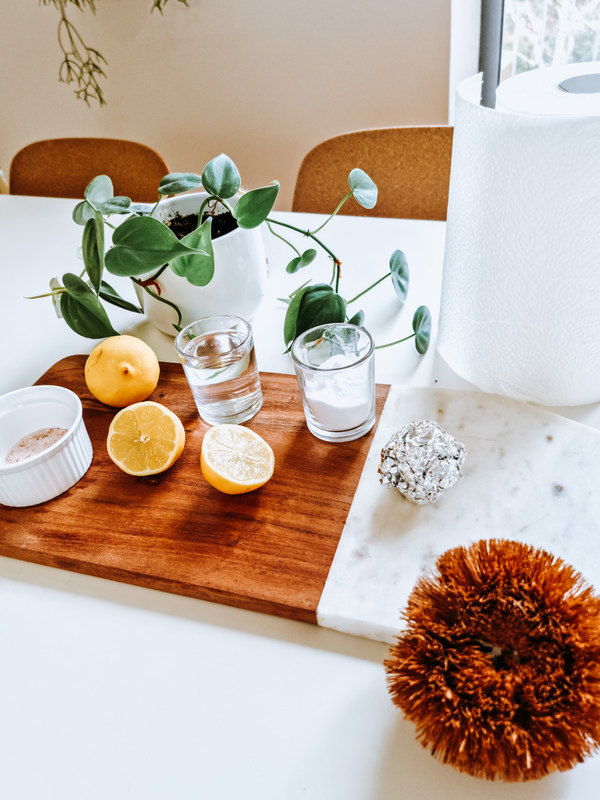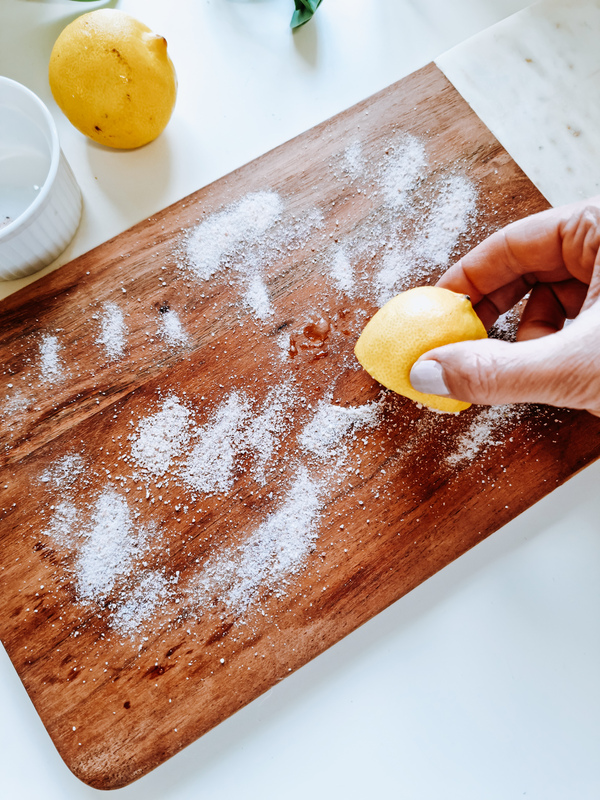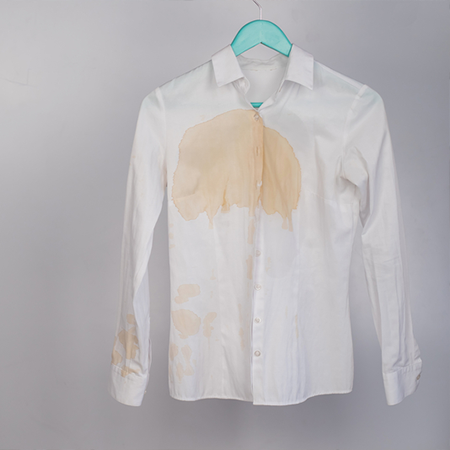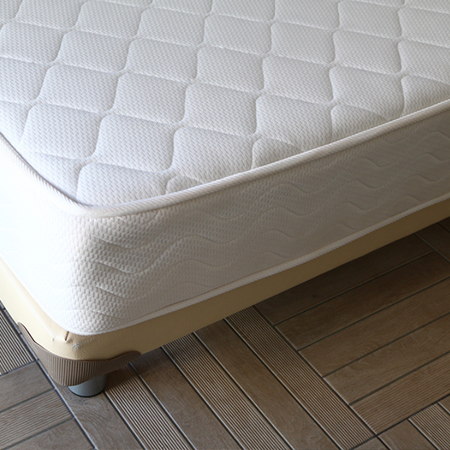
Drill into timber, soft metal and hard materials including brick and concrete with the RYOBI 18V ONE+ Hammer Drill.
Checkout at Bunnings to calculate delivery or collect in-store
How to choose the right 18V ONE+ battery for your product and task. Read more.

Start typing in the search bar. Our autocomplete feature will provide relevant suggestions. Press 'tab' to accept an autocomplete suggestion.
By Ange Sibley of Eversohomely
Green and natural cleaning choices are a great place to start to improve the home environment, your general health and wellbeing. Learn about the benefits of 'green' cleaning products.

Green and natural cleaning choices improve the air that you breathe, assist with cleaning efficiency, are much safer and, ultimately, they lessen the impact on the environment overall. By having a handful of staple natural pantry ingredients, you can clean your home in a multitude of ways. A green approach to cleaning will also reduce clutter in your cupboards by removing copious amounts of toxic products (because you need a different product for every type of cleaning!) and, typically, the plastic bottles they come in.
By using natural products you create a chemical-free home for you and your family, and it won’t break the bank or leave any chemical residue behind. This is something you want to avoid especially where food is prepared and where children play. These cleaning products are easy to make and use, less expensive, and surprisingly can be some of the most basic pantry products you already have on hand.
My favourite staples would have to be bicarb soda, vinegar (ultimate sanitising product) and lemon (natural disinfectant). They are easily purchased in large quantities, so you can make a big batch. And believe it or not they are just as effective, if not more effective than toxic-filled products.
Natural and green cleaning isn’t new. It’s an approach that has been used for centuries, as it was what was available at the time. I started making small changes as I discovered the benefits and effectiveness of using alternate products around the home, and it was safer for my family. Basic pantry items do an amazing job of cleaning, disinfecting, removing stains and grime. In mastering some natural cleaning hacks with simple ingredients, you will have your home clean in no time - with ease. I also found these hacks made cleaning quicker and took less effort.
Grout cleaner for clean white grout
In a bowl or plastic container combine: 1 cup Bicarb Soda ½ cup Hydrogen Peroxide 6% 2 Tbs Dishwashing Liquid - Mix into a paste, then brush onto grout, leave for 15 min, scrub, wipe off and then mop like usual.
Shower screens
In a plastic container, add a good dash of dishwashing liquid, a good dash of vinegar - and top with hot water. Dip a scourer sponge into the liquid and wash glass screens. Rinse with hot water for a sparkling clean finish.
Glass/mirror cleaner mix
50/50 vinegar and distilled water (I just boil water and allow to cool) and 20 drops of lemon oil if you wish.

Wooden chopping board cleaner - Sprinkle the board with salt, cut a lemon in half and scrub the board. Squeeze the lemon a little as you scrub and clean the whole surface of the wooden board. Let it sit for 5 minutes then rinse.
Microwave cleaning solution - In a heatproof jug, place a cup of water, 1 tbs of white vinegar and the juice of half a lemon - Pop into the microwave and heat on high for 5 min (give or take, ensuring the liquid doesn’t fully evaporate) - Leave the microwave door shut for a further 3 to 5 min for the steam to continue working - Wipe out with a sponge or paper towel.
Rinse aid replacement - Use white vinegar in the dishwasher as a replacement for rinse aid.
Rust spots - Sprinkle a little bicarb soda onto the rust mark. Drizzle a touch of vinegar and lightly scrub with aluminium foil. Wipe clean with a damp sponge.
Kettle cleaner - Cut a lemon in half and pop it into a kettle filled with water and a good dash of vinegar. Boil, tip out the liquid only and refill with clean water and a dash more vinegar. Boil again and then allow to sit for 10 to 20 min. Empty the water and lemons, then fill with water and boil again. Empty and it’s now ready for use.

Replace softener - Replace softener with white vinegar. Add some lavender essential oil if you wish to reduce wrinkles.
Stain remover - In a microwave-safe jug, add 1 cup of white vinegar, ¾ cup clear dishwashing liquid. Heat in the microwave for 1 min and then stir gently. Pour into a spray bottle. Before each use, swirl the bottle then spray onto the stain. Brush with an old toothbrush. Repeat spray if needed and allow to sit for stubborn stains. Soak in warm water then wash as normal. If some stain remains, spray with straight white vinegar and pop straight into the sun to keep lightening the stain. Repeat the vinegar spray process and sun until stain is gone (my go-to for laundry tips are from @sokaaustralia).

Jewellery cleaner - In a small bowl, cover with foil and pop in tarnished jewellery. Sprinkle with bicarb and top with hot water. Let soak for a few minutes and buff with paper towel.
Mattress Cleaner - In a shaker, mix bicarb soda and eucalyptus oil. Sprinkle onto the mattress and allow to sit for an hour. Vacuum off. It will deodorise, disinfect and refresh your mattress.
I have cleaned my shower screens with dishwashing liquid and vinegar for as long as I can remember (a hot tip from an ex-work colleague). Once I was introduced to essential oils the whole world of using natural products opened up to me even further, including learning the benefits of the basic pantry items and what other things they can be used for.
This was also when I started researching what alternatives I can use and how, playing around with different combinations to do different things - and now I am hooked on the best old school remedies for cleaning your home the natural way.